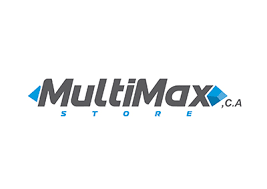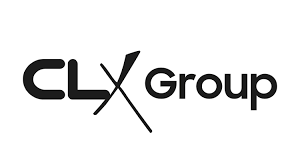Sometimes, it is difficult to get a good picture of how your Google Ads campaigns are performing. Even having access to Insights does not always help. And since you have to pay for every click, it is important to understand where the money goes.
There is another way to determine how good or bad you are doing. Perform an audit and get your Google Ads overall grade. It is an excellent method to figure out if you are doing well on the side of Google Ads performance.
Understanding How the Grader Works
When you run an audit, you will gain access to lots of information. It might seem a bit overwhelming at first, but everything should be separated clearly so that you have a better understanding. Here are some things you can expect to see:
- Quality score – are the campaigns approved by Google, and does that have any impact?
- CTR – low click-through rates show that you are losing against the competition.
- Landing page optimization – compare your pages to what other brands have.
- Impression share – how frequently your ads appear to relevant searches on the search engine.
Taking Advantage of the Grader
Having such an abundance of information in front of you will allow you to make the necessary adjustments in the PPC marketing department. Thankfully, you can make the changes in real time, so if something is not performing up to your expectations, feel free to remove keywords or try a different variation of an ad copy.
Moving Forward
When you have the results in front of you, you will end up with either of the two scenarios. In the same way, the first one is when you are happy with the results and want to stick to the PPC strategy that has been working until now.
The second scenario is when you are not satisfied with the numbers and want to make improvements.
The audit will only give you the results. It is not going to solve the issue of improving Google Ads Performance. You are going to be in charge of that.
Trying Different Ad Copies
Spending a bit more time on writing persuasive ad copies is one of the first things you need to do. The reality is that you may struggle as copywriting is difficult to master. Brands are not afraid to pay a lot of money to get someone who will elevate their quality to another level.
At the same time, not everyone can afford a professional copywriter. If you are stuck writing everything yourself, do not limit the ad copy to a standard template. Google is already full of those.
Take a more creative approach. Make it so that you stand out from the rest. And test with as many different copies as you can. You can never be certain when you will land a winner.
Finally, make use of available ad extensions as those also add a bit of originality without taking away the character space for the main copy text.
Focusing on Long Tail Keywords
Finding a perfect keyword is something that hardly anyone is capable of doing. The ordeal becomes even harder when you are in a more competitive niche.
The amount of money you spend on a keyword will determine how it will fare on Google. Overspending on meager keywords does not bode well for the ultimate results. And a competitive keyword that could turn out great will be difficult to get without spending too much.
You need to emphasize long tail keywords. Try to look for a place that is yet to be filled in your niche. Pour your resources there instead of wasting them on keywords that will only end up letting you down.
Optimizing Landing Pages
Landing pages should represent exactly what the text of the ad promises. Do not try to mislead your potential customers. You will only end up on Google’s blacklist. An increase in bounce rate and penalties will lead to having to close down the page.
Instead, make sure that your pages are proper and have a good enough loading speed. Otherwise, people will leave it as soon as they end up there.
Also, since the popularity in mobile browsing continues to increase, do not forget about optimizing the pages as well as the ads themselves so they are properly visible to those who are using smartphones and tablets.
Researching the Competition
Competition does not have to be all about rivalries. You can approach the problem of dealing with other brands as an opportunity to take their best practices and apply the knowledge to your campaigns.
There will be days when you are not feeling it, or the results are mediocre. When this happens, looking for inspiration from other businesses is sometimes the best course of action.

















